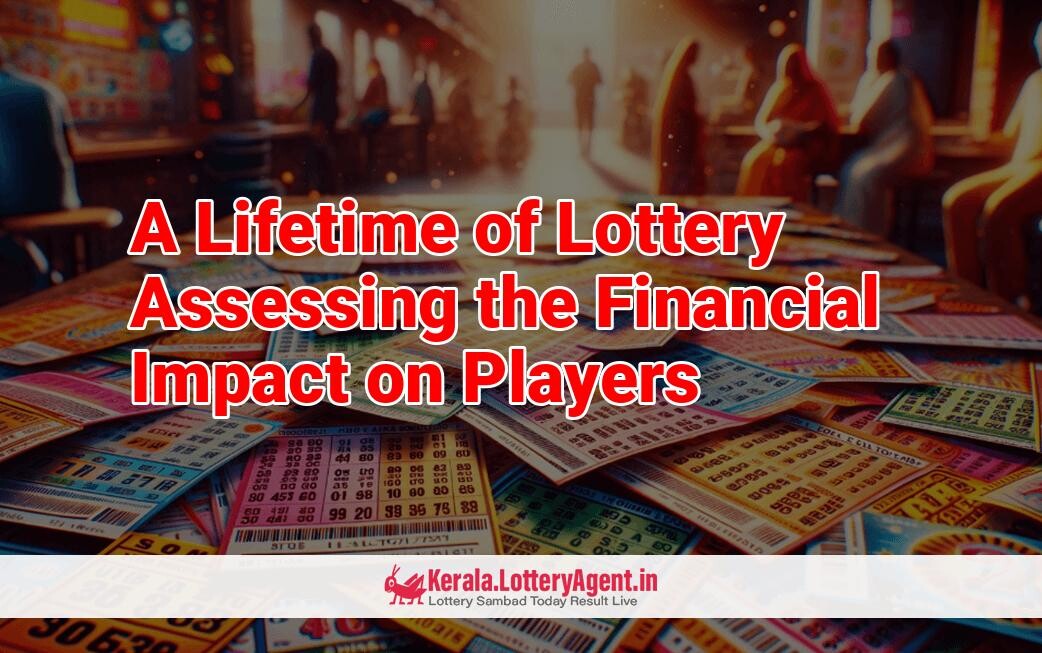
Lotteries represent a beacon of hope for millions globally, promising a swift transformation from rags to riches with the simple purchase of a ticket. As these enticing games of chance flourish across the globe, the question arises: how much do individuals shell out on lottery tickets over their lifetime? Recent surveys and studies shine a light on this phenomenon, offering insights into the spending habits of habitual lottery participants.
In the tapestry of American life, the lottery is a popular and widespread pastime, yet its prevalence among various demographics remains understudied. Drawing from data by the U.S. Census Bureau’s 2008 Annual Survey, it’s evident that state lotteries are a cornerstone of revenue for the majority of states, generating colossal sales upwards of $77 billion.
Statistically, men appear to be more inclined to gamble on lotteries than women, averaging over 18 days of such gambling per year, compared to just under 12 for women. Adolescents gamble less frequently, with stark increases seen in young adults, especially between the ages of 22 and 29. Remarkably, the propensity for gambling among various ethnic and racial groups shows that non-Hispanic whites and Native Americans participate most frequently, while blacks and Native Americans lead in average days spent on lottery gambling—figures that illuminate the diverse appeal of lotteries across communities.
Legal status plays a significant role too, as those residing in states where lotteries are permissible engage more often than where it is not. Socioeconomic status offers insight as well, highlighting greater lottery participation among the lower income brackets—perhaps a reflection of an aspirational pursuit toward financial mobility.
Turning to LendEDU’s analysis of U.S. Census Bureau data on yearly expenditure on lotteries, an intriguing contrast emerges between income groups. Individuals earning under $30,000 annually spend a substantial portion of their income on lottery tickets compared to their higher-earning counterparts. Yet, despite this, higher-income households tend to allocate more of their budget to dining out and takeaway—an expenditure that far outweighs their spending on hopeful lottery gambles.
Age-wise, individuals between 65 and 74 emerge as the most avid spenders on lottery tickets, dwarfing the spending habits of other age groups. Income-wise, the lowest earners proportionately shell out more on lottery tickets compared to higher-income groups, challenging preconceived notions about gambling habits.
The story extends beyond the U.S., with the British spending a hefty amount on various gambling activities, and a staggering £14.5 billion going toward lotteries and similar pursuits in a single year. In India, the tradition of lotteries stretches back millennia, with the industry showing robust figures and a wide-spreading acceptance that permeates all societal strata.
Similarly, German lottery providers report strong sales, with traditional draw-based games and newer offerings like the Eurojackpot attracting significant attention despite the difficulties presented by the Covid-19 pandemic. In the European Union, lottery proceeds play a pivotal role in financing public and societal welfare, indicating the financial and social impact these games hold in the region.
As we venture through Spain, Italy, and beyond, we witness a deep-rooted cultural affinity for the lottery; each tale interwoven with the dreams and expenses of individuals hoping for that life-altering winning ticket. The astonishing statistic from Spain, where citizens spend an average of 67.5 euros annually on the traditional Christmas lottery alone, speaks volumes to the entrenched position of such draws in everyday life.
In closing, while the exact sum individuals devote to the lottery over a lifetime remains elusive, the data from various countries paints a picture of a widespread and varied phenomenon. It’s a pursuit that transcends borders, income levels, and cultures, uniting countless individuals in the universal dream of a material windfall that could redefine fortunes. Whether seen as harmless entertainment or criticized for its implicit promises, the lottery continues to beckon with the tantalizing lure of chance and fortune.











